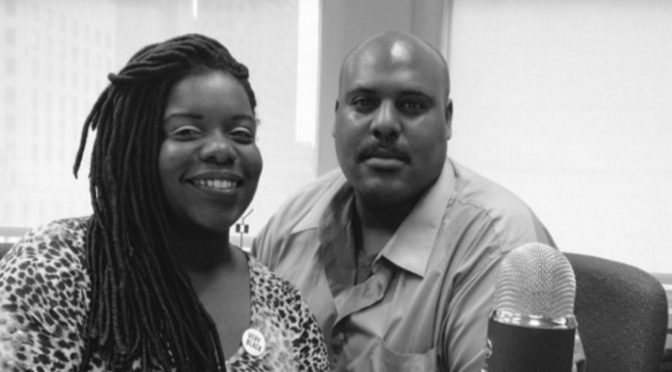By Cher Mullings
Recording by Zenzile Greene
Why would members of the Harlem community consciously support policies that endorse incarceration of their brothers and sisters?
Dr. Michael J. Fortner’s latest book Black Silent Majority: The Rockefeller Drug Laws and The Politics of Punishment examines how black-on-black crime influenced a chasmic class division within Harlem from the 1940s – 1960s.
Reprioritization of the mental health and public safety of the community by the State spawned the “new penology,” which resulted in the passing of the Rockefeller Drug Laws. Through demonstration of diverse research methodologies, Dr. Fortner introduces community voices and actors who became more influential in the campaign for stringent punitive policies. The vibrant legacy of the Harlem Renaissance includes decades of conscious leadership and incomparable cultural production that have been linked to various other resistance movements, exemplifying a standard of excellence globally.
With all of the energy expended in the Civil Rights and Black Power Movements, how did we, as Black Americans, end up playing such an influential role in criminalizing those caught in a systemic and viciously prejudiced cycle of substance abuse, poverty and crime? Why did middle class Blacks in Harlem ultimately support penalties that would eventually stigmatize and divide a community rather than advocate for the implementation of services to treat, address and educate one another about these systems?
Join me, Cher Mullings, and my illustrious colleague, Dr. Michael Javen Fortner in candid conversation as we explore the roots of this question.
Listen to the interview in its entirety below.
Want to hear more? Come by the Murphy Institute tonight (12/10) to hear Michael Fortner debate New Labor Forum Editorial Board Member and University of Pennsylvania Prof. Marie Gottschalk on questions of criminal justice reform. 6:30pm. (Please note that this event has now passed – Ed.)



